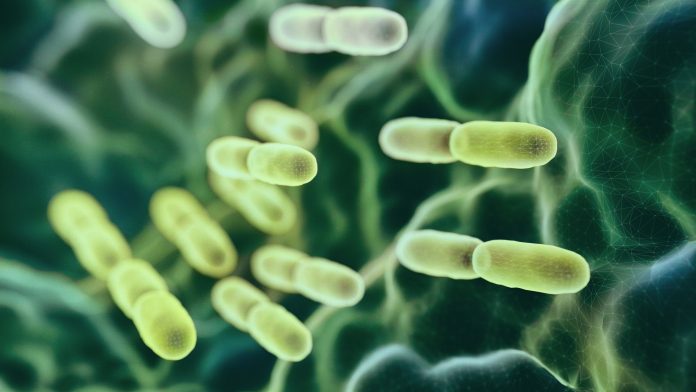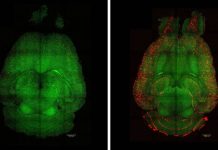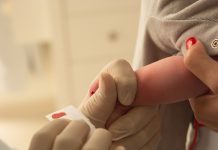A potential new treatment avenue has appeared for individuals suffering from Hirschsprung disease, a rare condition affecting the large intestine
Hirschsprung disease, occurring in about 1 in 5000 births, results from the absence of nerve cells in the large intestine. This deficit prevents normal contraction of the intestine, leading to severe constipation and in some cases, life-threatening bowel infections such as enterocolitis. Treatment traditionally has involved early surgical intervention; however, patients often endure lifelong symptoms and frequent surgical procedures.
Stem cell therapy
The new research, published in Gut, explores the use of stem cell therapy to address the underlying nerve cell deficiency in Hirschsprung disease patients. This approach aims to generate nerve cell precursors from stem cells, which are then transplanted into the affected intestine to regenerate missing nerves. This method promises to enhance intestinal functionality and potentially alleviate the debilitating symptoms associated with the disease.
The joint effort began in 2017, with the University of Sheffield focusing on the production and analysis of nerve cell precursors derived from stem cells. These precursors were subsequently shipped to UCL, where researchers prepared gut tissue samples donated by patients at Great Ormond Street Hospital (GOSH). The team at UCL conducted transplantation of the nerve cell precursors into the patient-derived gut tissue, followed by rigorous testing to assess tissue function.
Treated tissue samples results
The transplanted gut tissue samples demonstrated significant improvement in their ability to contract compared to untreated tissue samples. This finding suggests a restoration of intestinal functionality, offering hope for a more effective treatment approach for those with Hirschsprung disease.
The research not only marks a milestone in the understanding and treatment of Hirschsprung disease but also highlights the transformative potential of stem cell therapy in regenerative medicine. While further clinical trials and long-term studies are needed to validate these findings, the initial results are promising and offer hope for improved outcomes and quality of life for patients with this challenging condition.
For more information on the study and its implications, the full research article can be accessed in the latest issue of Gut. The groundbreaking research conducted by UCL and the University of Sheffield represents a significant stride towards more effective treatments for Hirschsprung disease, bringing renewed hope to patients and families affected by this rare condition.








